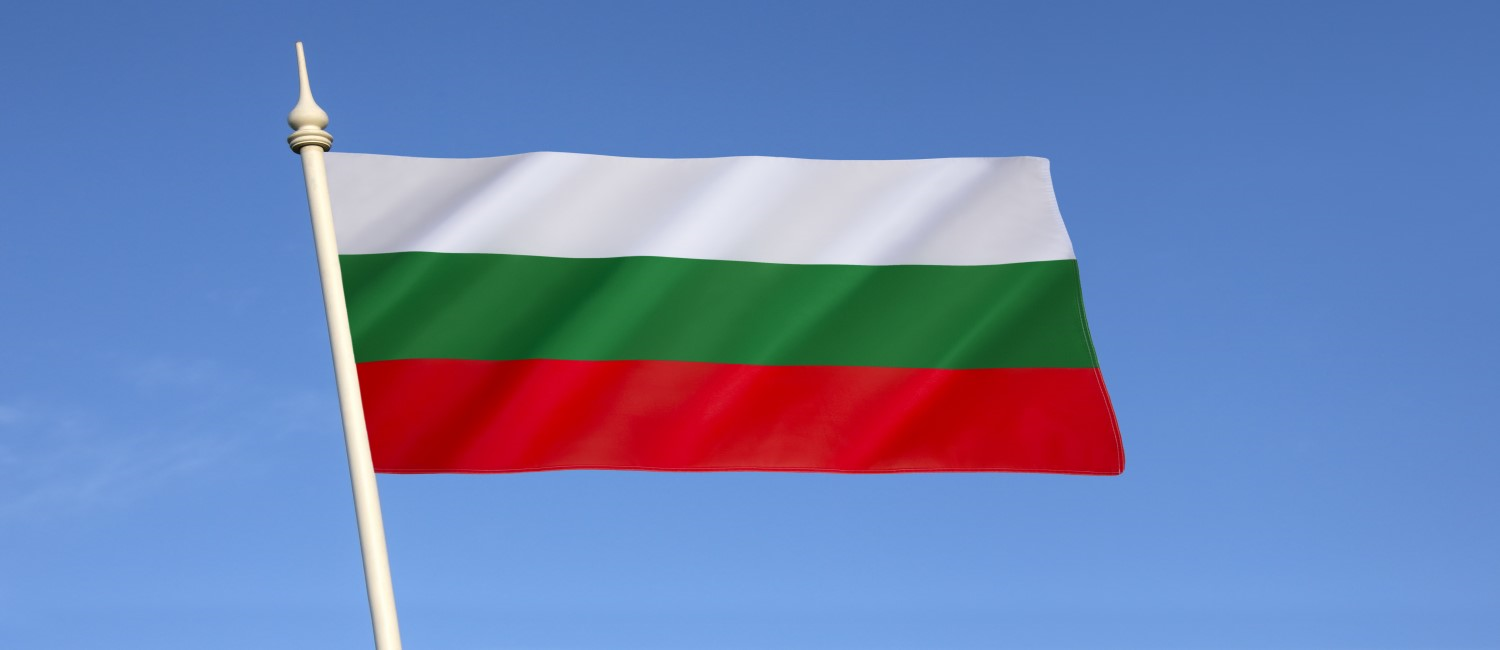Anti-money laundering (AML) is known as Kara Para Aklamayı Önleme (KPAÖ) in Türkiye. The AML efforts of Türkiye include institutions like banks, payment service providers, virtual asset service providers (VASPs), and designated non-financial businesses and professions (DNFBPs). In this blog post, we'll be talking about regulatory bodies of Türkiye, AML requirements, and results of non-compliance in Türkiye.
Legal Framework for AML in Türkiye
Türkiye's Law No. 5549 is the one that mainly establishes the legal foundation of the country's AML efforts. It helps set obligations for preventing money laundering, in both financial and non-financial sectors. The Article 282 of the Turkish Penal Code is the one that criminalizes money laundering. Results can be from two to seven years in prison as well as judicial fines. The AML Regulation on the Prevention of Laundering gives the detailed guidance needed for your company's AML efforts. Requirements for customer due diligence (CDD), enhanced due diligence (EDD), and risk-based monitoring are outlined thanks to the regulations. Presidential Decree No. 1 (2018) is equally important since it gives formal power to MASAK, Türkiye's Financial Crimes Investigation Board. With this power, MASAK can enforce the rules stated above, investigate suspicious activity, and deal with compliance of the country as a whole.
Key Regulatory Bodies in Türkiye
There are many regulatory bodies at play when is comes to ensuring that companies are compliant in Türkiye. MASAK, as we've mentioned before, is the main regulatory body that oversees compliance in the country. AML enforcement, supervision, and coordination with other regulatory bodies internationally like the Financial Action Task Force (FATF) is MASAK's responsibility. Another key player is the Banking Regulation and Supervision Agency (BDDK) is there to enforce AML compliance standards on banks and financial institutions.
The Capital Markets Board (SPK) does the same for Türkiye's securities and capital markets. The Central Bank of the Republic of Türkiye (TCMB) is another leading regulatory body in Türkiye. The body deals with AML compliance in payment systems and electronic money institutions. The Public Oversight, Accounting, and Auditing Standards Authority (KGK) is the regulatory body that deals with DNFBPs like auditors and accountants to make sure they are meeting AML obligations.
What Are AML Requirements in Türkiye?
Since Türkiye gives importance to AML compliance, there are several regulations your company should be adhering to. The first requirement is implementing CDD measures; these include acts like verifying customer identities, applying risk-based onboarding process, and conducting ongoing monitoring. But this isn't enough for some customers. In higher- risk situations, you should be applying EDD. EDD is needed for politically exposed persons (PEPs), customers living in high-risk jurisdictions, and people who are making large transfers since these need more attention to make sure there is no financial crime occurring. Companies should also submit Suspicious Transaction Reports (STRs) to MASAK within 10 days of them detecting suspicious activity. Record-keeping is another requirement you should be paying attention to, all related files and transaction data should be saved for at least eight years. This way, your company will be ready for potential inspection and investigations, as well as using these documents for internal reviews.
Major Money Laundering Cases in Türkiye
Türkiye had several important money laundering cases, which shows the need for strong AML programs. The first case is the Zarrab-Halkbank case. Reza Zarrab, a Turkish-Iranian gold trader, ran a scheme that helped Iran evade U.S. sanctions through Halkbank, using gold trades and front companies. He pled guilty in the U.S. and testified against a Halkbank executive. The second case is the SBK Holding case. Sezgin Baran Korkmaz, owner of SBK Holding, laundered $133M linked to a U.S. biodiesel fraud through shell companies. He was later arrested in Austria, he is facing extradition and asset seizure requests by U.S. prosecuters. The third case involves Thodex. The crypto exchange Thodex collapsed in 2021, and it led to users being locked out and losing $2.5B. Its founder Faruk Özer was later extradited, jailed, and convicted of fraud and money laundering. The last case we'll mention today is about Adnan Oktar. The cult leader was sentences to 8,658 years for his crimes, which include fraud, abuse, and laundering. His religious network was used to mask financial crime.
Sectors Governed by AML Regulations
Many sectors are subjected to AML regulations put forth by Türkiye's regulatory bodies. Financial institutions like banks, electronic money companies, and crypto exchanges should be conducting CDD and following reporting standards. DNFBPs like accountants, lawyers, real estate agents, and jewelers will also need to monitor transaction and report suspicious activity. These are included since they make high-value deals. The cryptocurrency sector is regulated in Türkiye as of 2021, and VASPs are overseen by MASAK. Companies should be filing STRs for transactions that are over ₺15,000, starting 25 February 2025.
Penalties for Non-Compliance
Türkiye has several penalties for non-compliance. Your company may receive administrative fines that start from ₺30,000 and can go up to ₺4 million if your non-compliance case is severe. Cases that are more serious can get criminal penalties under Article 282 of the Turkish Penal Code, which can go up to seven years of imprisonment. Your company may also face consequences like license suspension or revocation. These penalties are given typicaly to repeated breaches and systemic failures.
Türkiye and the FATF Grey List
Türkiye was first placed on the FATF greylist because of the country's lack of beneficial ownership transparency, as well as how late they were to implement necessary measures when it comes to crypto. By mid-2024, the country improved its system gaps and strengthened its AML/CFT regime. This led to Türkiye getting removed from the list. Some reforms were implemented to resolve the previously addressed issues. Monitoring of VASPs was made stricter and frameworks around ultimate beneficial ownership (UBO) transparency were improved. These steps were crucial for Türkiye's reputation globally and the removal of the country from the FATF greylist brought back investor confidence.
How Sanction Scanner Supports AML Compliance in Türkiye
Our experts can provide you solutions to help your company in Türkiye. For example, our real-time screening engine is there to help you screen your customers against global sanctions lists, watchlists, and PEP databases. Our fuzzy matching in Turkish will ensure that you're reducing false positives and duplications while also detecting high-risk individuals and entities. Another feature of Sanction Scanner is its transaction monitoring system. The multi-currency support the system provides as well as ready-made rule templates will make it easier for your company to meet MASAK's reporting obligations.
FAQ's Blog Post
The primary AML legislation in Türkiye is the Law No. 5549 on Prevention of Laundering Proceeds of Crime, enforced by MASAK.
The Financial Crimes Investigation Board (MASAK) is the main authority responsible for overseeing and enforcing AML compliance in Türkiye.
Businesses must conduct customer due diligence (CDD), monitor transactions, report suspicious activities to MASAK, and maintain proper records.
Yes, foreign entities operating in Türkiye are required to comply with local AML laws and MASAK’s regulatory framework.
An STR is a mandatory report submitted to MASAK when a financial institution detects potentially illicit or unusual activity.
Türkiye adopts a risk-based approach, requiring institutions to assess and mitigate money laundering risks based on customer profile and transaction nature.
Violations may lead to administrative fines, license revocation, or even criminal charges, depending on the severity of non-compliance.
Yes, Türkiye follows FATF standards and has made significant updates to its AML framework to improve transparency and international cooperation.





